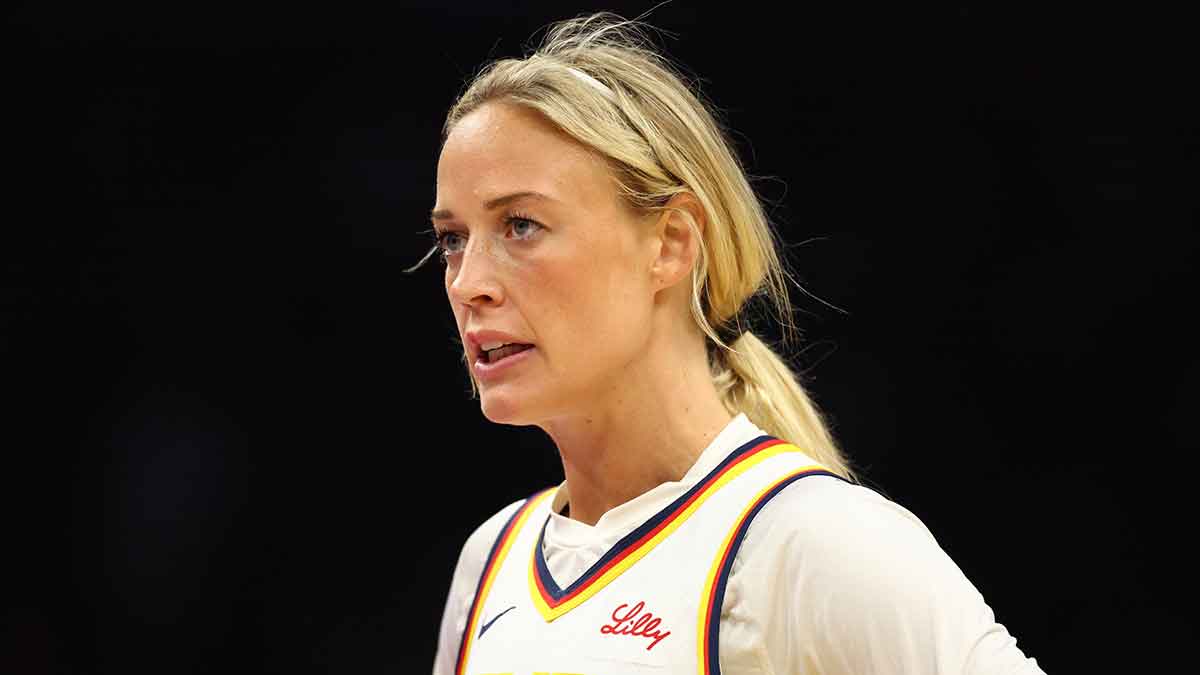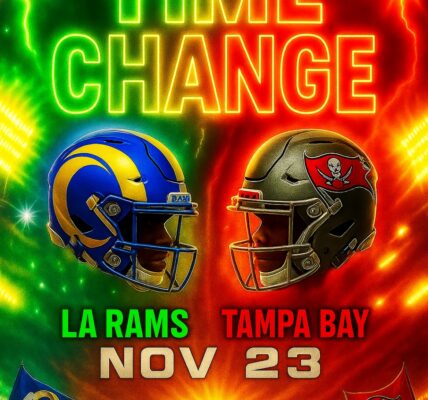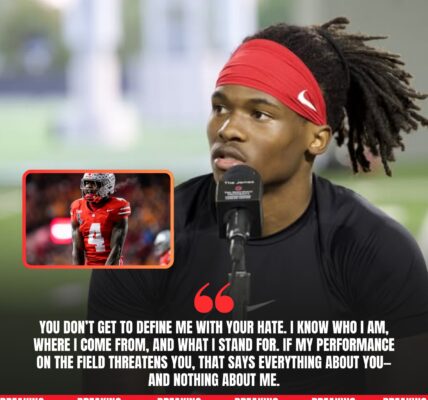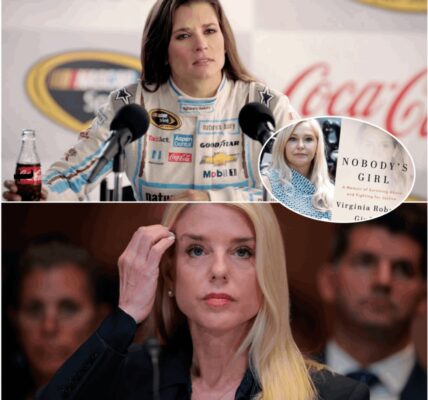Sophie Cunningham vs. the WNBA: When a $10 Million Joke Exposes a Serious Problem
The WNBA is in the midst of a historic boom — record-breaking viewership, growing fan engagement, and cultural relevance like never before. Yet behind the league’s shining success lies a growing fracture between players and leadership. The latest spark? Indiana Fever guard Sophie Cunningham, who has been fined three separate times for criticizing officiating and league management. Her sharp-witted response — a viral, satirical GoFundMe campaign — has turned into a nationwide conversation about fairness, accountability, and the WNBA’s struggle to manage dissent in the digital age.

The Viral GoFundMe: A $10 Million Joke with Real Consequences
Cunningham’s controversy began online, where her bold personality has long thrived. In a now-viral post, she shared a GoFundMe page with a message:
“I could use your help with my fundraiser on GoFundMe. Please share, support, or donate—every small action counts. Might as well have fun with it, huh?”
The joke was simple but powerful — a fake fundraiser with a $10 million goal to “pay off” her WNBA fines. Fans, already frustrated by questionable officiating and low player pay, responded immediately. Donations poured in before Cunningham clarified that the stunt was satire.
“This is a joke. Relax, you clowns,” she later posted. “Whatever we raise will go directly to Ronald McDonald House Charities. I’ll take care of my own fines.”
The stunt was a masterclass in media manipulation: it mocked the league’s disciplinary system, spotlighted broader player frustrations, and still turned into a charitable act.

The Ledger of Fines: Three Strikes and Still Standing
Cunningham’s reputation as one of the league’s most outspoken voices didn’t develop overnight. Each fine she received represents a small rebellion against what she — and many other players — see as deep-rooted issues in the league.
1. The Podcast Fine – $1,500
On her podcast Show Me Something, Cunningham criticized the inconsistency of WNBA officiating:
“When it’s a simple call right in front of your face multiple times, what are you doing?… They’re just so inconsistent.”
The comments cost her $1,500 but made her a hero among players who feel silenced for speaking the truth.
2. The TikTok Fine – $500
Her second fine came from a TikTok where she lip-synced to the lyrics “Stupid. Or is it, slow? Maybe it’s: useless,” captioned “@ some refs.” The WNBA fined her again — and Cunningham responded with sarcasm:
“I got fined $500 for this TikTok. Like okay, you got it bud!”
3. The Game Fine – $400 and Undisclosed
Her third fine came from an on-court altercation — a flagrant foul and ejection. While not a direct critique of the league, it added to her growing reputation as the “enforcer” willing to challenge both opponents and authority.
Cunningham later revealed she was “3-for-3 on being fined,” taking pride in her defiance.
The Bigger Picture: A League at a Crossroads
What Cunningham’s saga exposes is not just frustration with referees — it’s a reflection of the WNBA’s growing pains. The league’s infrastructure and policies have not caught up with its newfound popularity. Players are earning more attention, building massive followings, and demanding to be heard.
The WNBA’s decision to fine outspoken players reflects an outdated belief that controlling the message protects the brand. But in today’s media landscape, that approach backfires. Cunningham turned what was meant to be a punishment into viral publicity, drawing sympathy from fans and even non-WNBA audiences.
Critics argue that the league should focus less on silencing criticism and more on fixing the problems being called out — especially the officiating inconsistencies that affect the integrity of the game. When players making around $100,000 a year are fined thousands for speaking up, it sends a chilling message that transparency is unwelcome.
The Power Shift: Players Own the Narrative


Cunningham’s GoFundMe stunt revealed something crucial: the balance of power in professional sports is shifting. With podcasts, platforms, and loyal fanbases, players now have the tools to shape public perception independently of their leagues.
Her move was not just about herself — it was a statement of player solidarity. By redirecting the fines’ attention into charity, she undermined the league’s authority and turned her punishment into purpose.
As one fan wrote online, “The WNBA can fine her, but they can’t silence her.”
The Takeaway: The League’s Choice


The WNBA’s growth is undeniable, but so is its growing tension. The question now isn’t whether Sophie Cunningham deserves her fines — it’s whether the league can afford to keep punishing players for telling the truth.
Cunningham’s humor and defiance forced the WNBA into the spotlight it wasn’t ready for. By weaponizing satire, she made a statement louder than any post-game interview could: players are done playing by outdated rules.
The fines may continue, but the message is clear — the league can control its referees, not its revolution.





